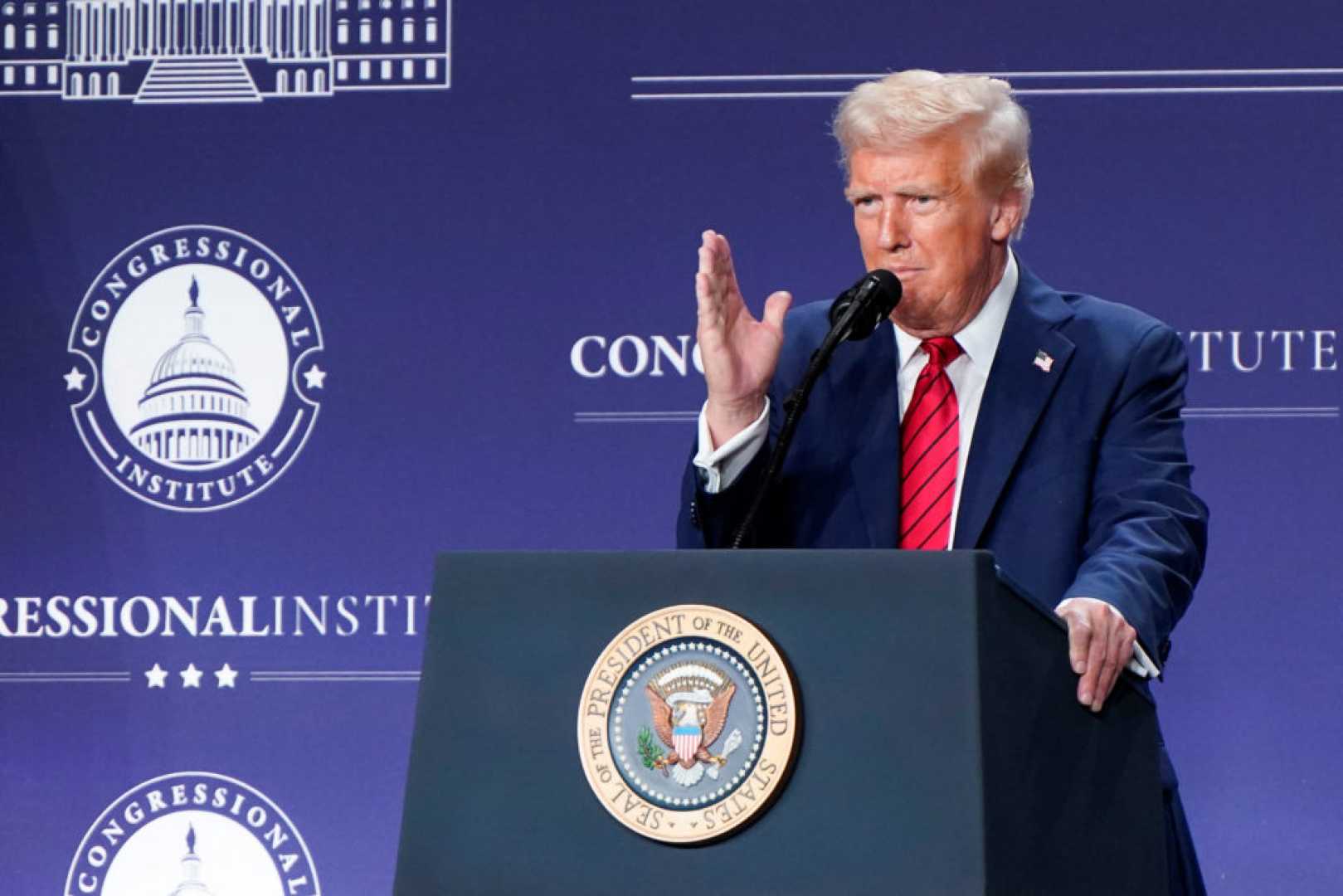News
Trump Administration Resumes Federal Student Loan Collections Amid Controversy

Washington, D.C. — U.S. President Donald Trump addressed reporters in the Roosevelt Room of the White House on January 21, 2025, amid concerns regarding the resumption of federal student loan collections. This move comes shortly after the administration’s defaulted loans announcement.
The Education Department has detailed plans to initiate garnishments and involuntary collections for borrowers behind on their payments. Following the pause on collection activities during the COVID-19 pandemic, the Biden administration focused on measures to aid struggling borrowers. However, the Trump administration’s shift aims to reduce taxpayer burden by resuming collections.
“Borrowers should pay back the debts they take on,” said U.S. Secretary of Education Linda McMahon in a statement posted on X on April 22. Many federal student loan borrowers have expressed concerns about the fairness of the collection system.
“People who default on loans typically truly cannot afford to pay them,” said James Kvaal, former U.S. undersecretary of education. The U.S. Department of Education has the authority to garnish up to 15% of disposable income from those in default, leaving at least $217.50 per week based on federal minimum wage standards.
The Education Department plans to notify 5.3 million borrowers about impending wage collection efforts “later this summer.” Starting in June, the administration will begin withholding portions of federal benefits, including Social Security checks, from borrowers who default on their loans.
A spokesperson for the Education Department confirmed borrowers will receive a 30-day notice before garnishments begin, allowing them to request a hearing. Certain protections are in place for those recently unemployed or who have filed for bankruptcy, according to higher education expert Mark Kantrowitz.
Kantrowitz added that most employers are already familiar with the wage garnishment process, which includes handling issues like child support and taxes. Importantly, your employer cannot terminate you due to a wage garnishment.
Borrowers facing difficulties can explore various repayment options, including income-driven repayment plans or requesting forbearance, as advised by Carolina Rodriguez, director of the Education Debt Consumer Assistance Program.












